Animals In Arabic Language – Names And Special Meanings
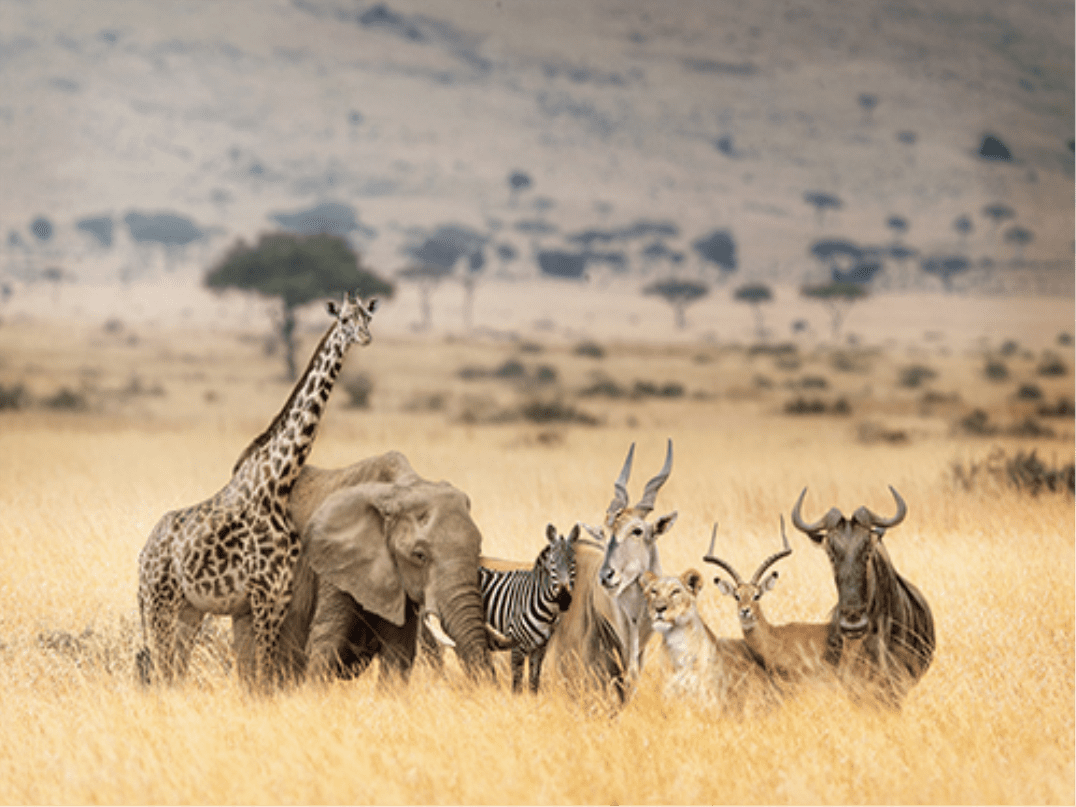

As any culture, animals (hayawanat) have great meaning in the Arab world. Some of these animal traits inspired parents to name their children. Many Arab men and women have the names of strong and graceful wild animals. Ancient Arab and Middle Eastern culture influenced this perception. The surrounding environment and nature played a huge role in people’s lives. Also, animals are greatly respected in the culture, believing that baiting animals for entertainment and gambling is prohibited. In older times, Arabs attributed the qualities and the faults of human nature to animals. You might’ve heard expressions “cunning as a fox” or “strong as an ox”. Likewise, Arabs have their fair share of expressions and meanings.
So let’s look below at a few of meanings of animal names in the Arabic region:
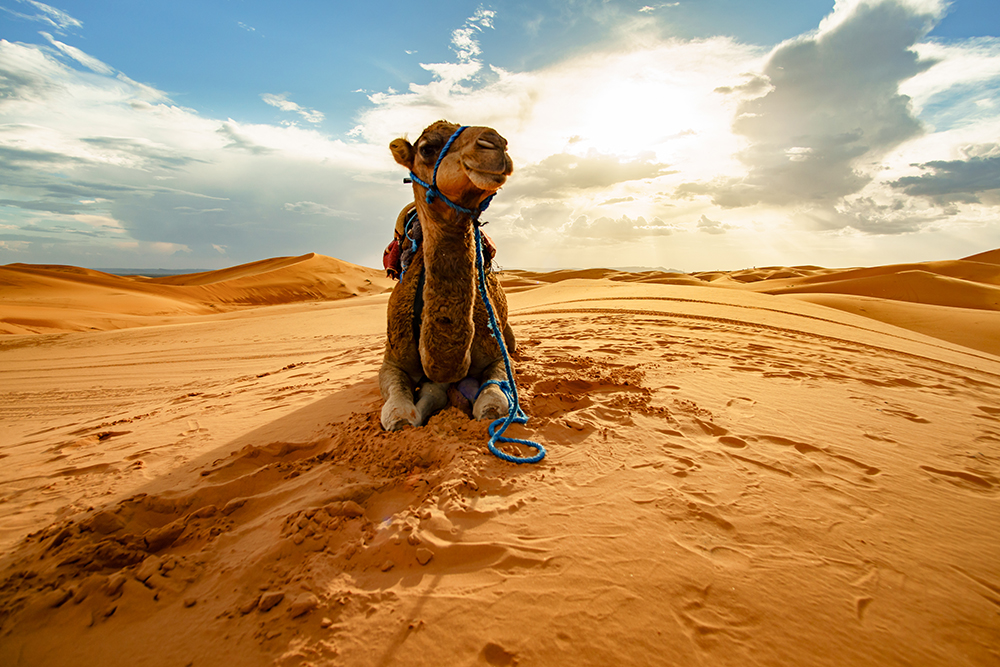
Camels have great importance in the Arab world, as in ancient times, this animal was their mount, their main herd animal and a major source of wealth and nourishment. Without the almighty camel, the story of the Arab world might have turned out quite differently. Firstly, it was a “beast of burden,” used as a pack animal to carry hundreds of pounds or kilos over many miles, sometimes going without water for several days. Secondly, the camel provided many resources to its keepers: transport, meat and milk, skin for water buckets, sandals, and bags, sinew for making rope, wool for tent and rug-making. It even provided some folk medicines.
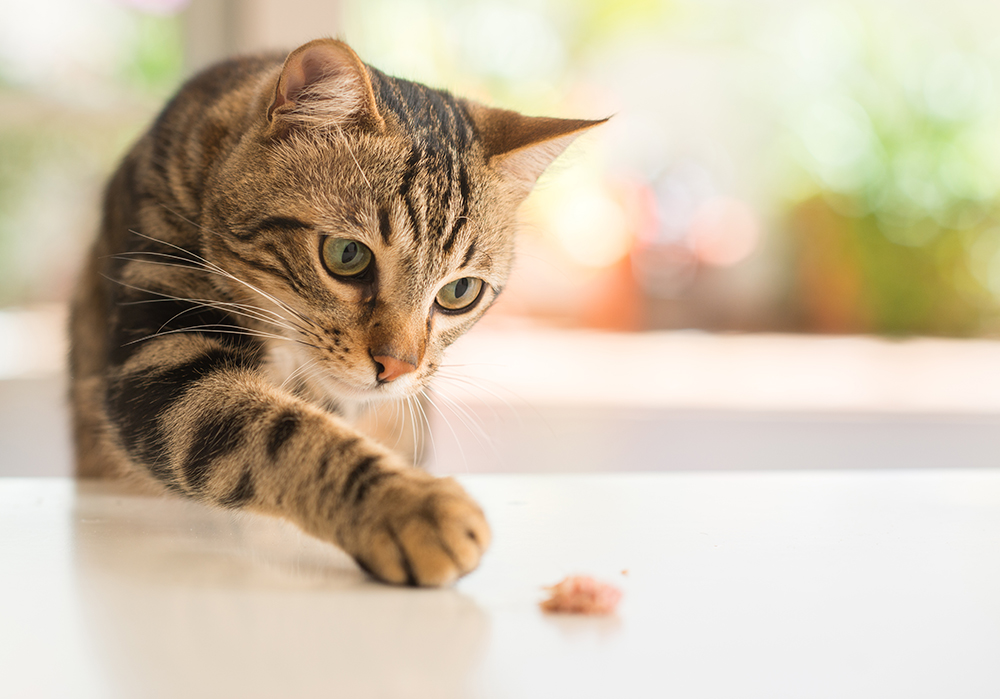
Cats are also of great importance in the Arabic culture, more importantly big cats (but we will get to that later). It is said that the Prophet Muhammad loved his cat so much, that “he would do without his cloak rather than disturb one that was sleeping on it.” Cats are admired for their cleanliness and are considered a quintessential pet in the Arab world.
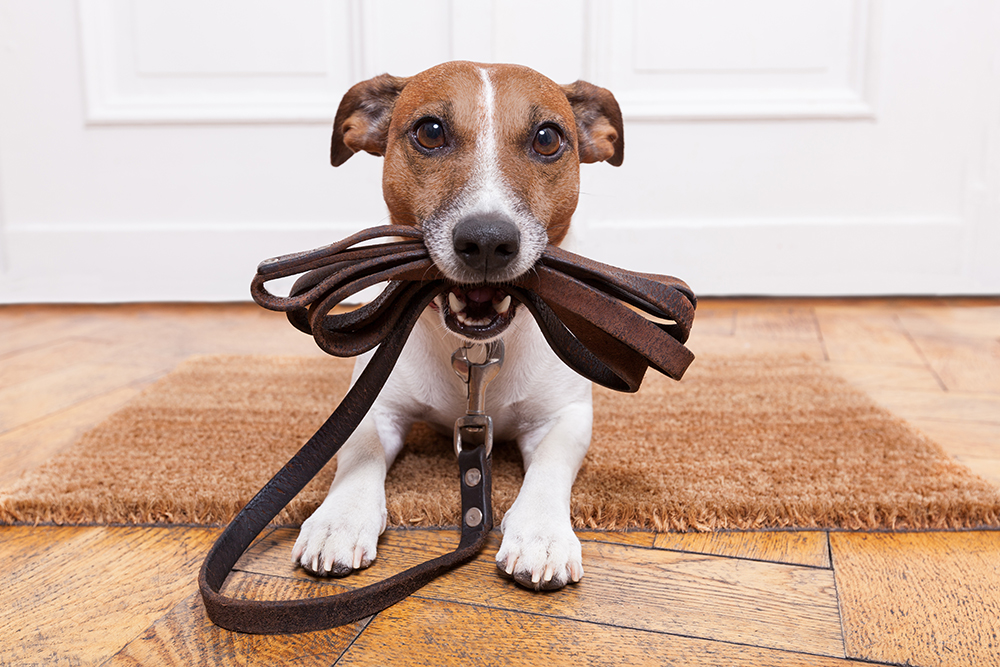
Contrary to popular belief, dogs are actually quite respected in the Arab world. For example, hunting-dogs were essential in the old Arab world and were respected as such and are described in a positive light.
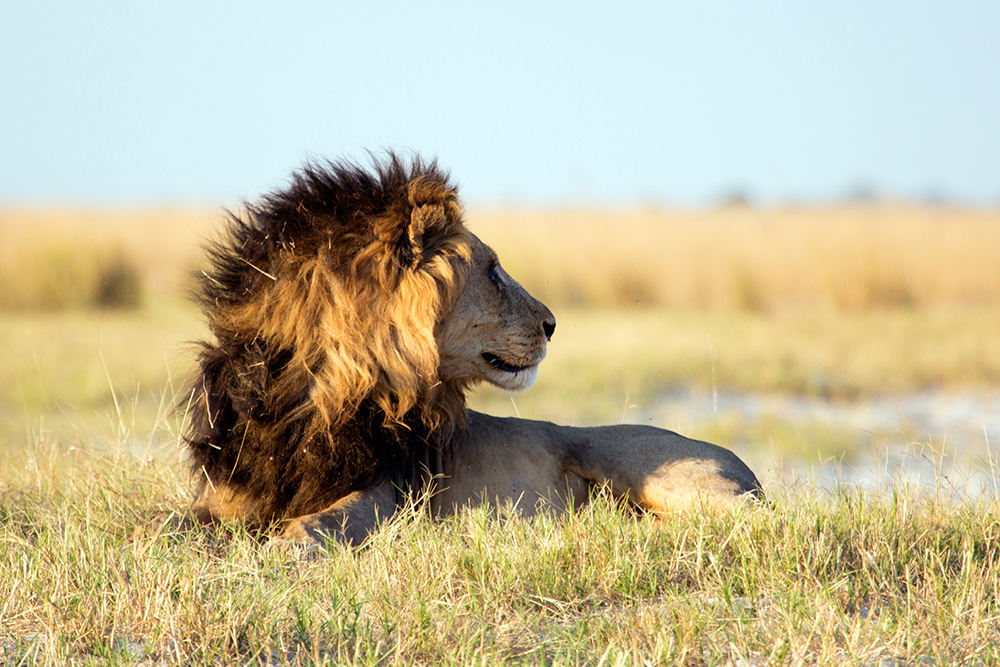
Lions are so important to Arabs that they name their babies after it. A lion has many names in the Arab world and it inspired around 300 baby names. It signifies strength, courage, ferocity, royalty.
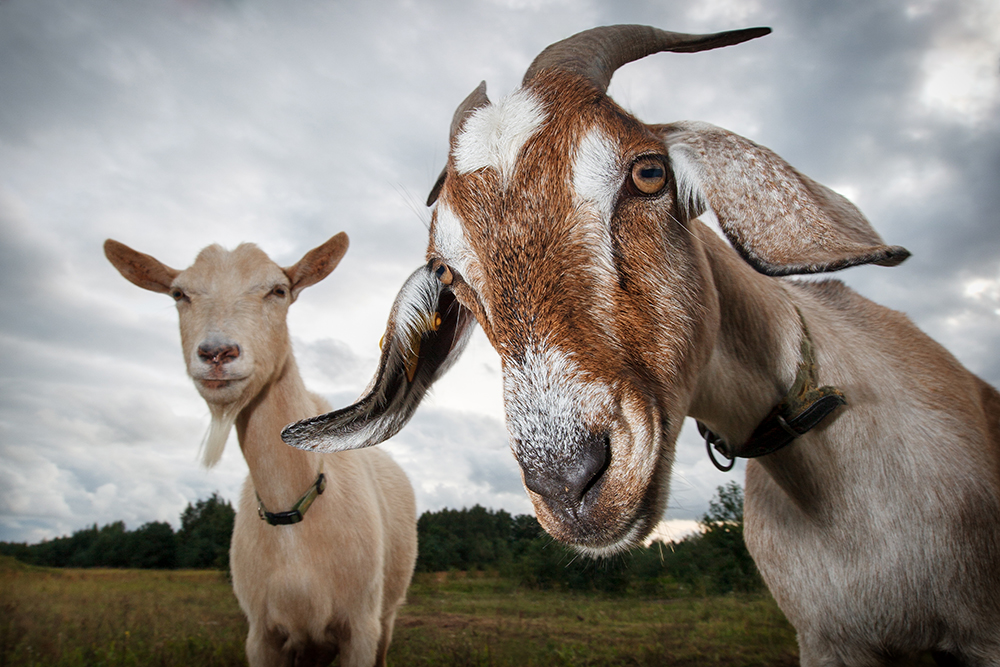
Goats are important for the Arab community since old times. They provide hair, milk and skin.
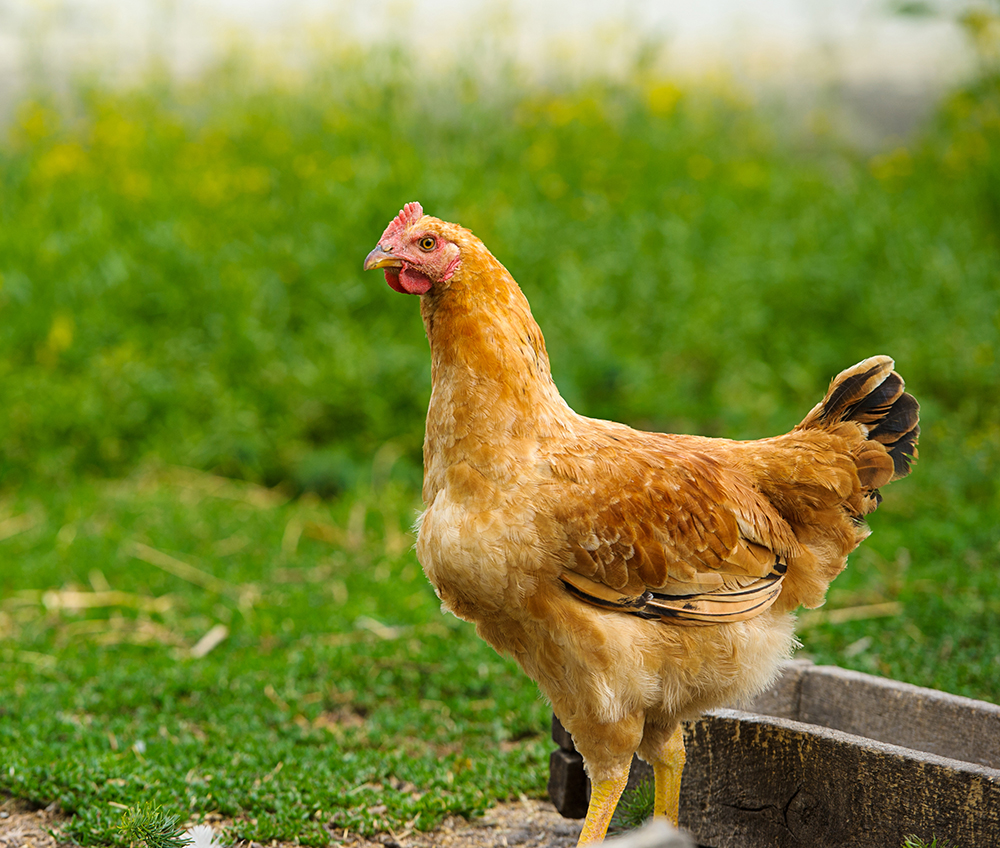
Chickens don’t carry a very deep meaning in the Arab culture, but they have been used and breed for their meat, eggs and feathers.
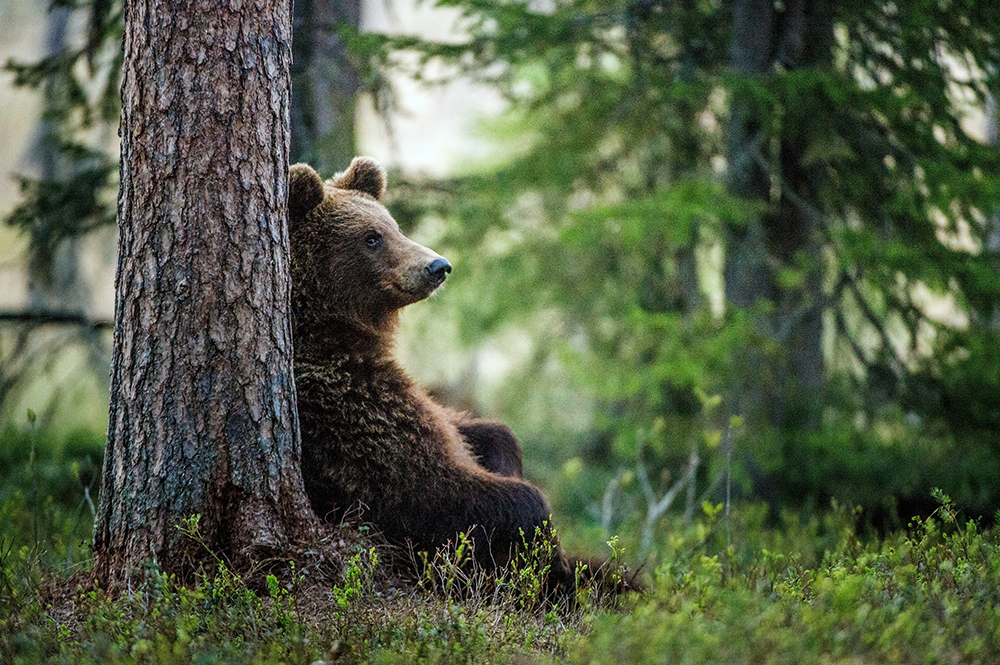
Bears signify strength and valor. However, when it comes to interpreting dreams, these animals don’t have such a positive meaning. If you dream of meeting a bear, Arabs used to believe that you will be in conflict with a powerful and energetic enemy.
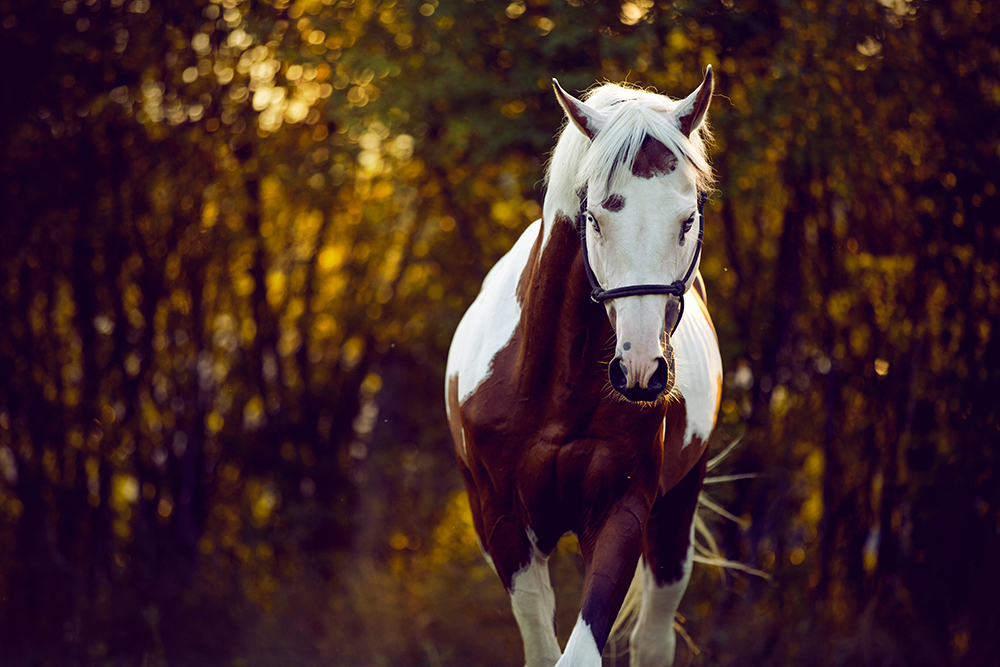
Horses signify incredible endurance and persistence in challenging terrain. It is also a symbol of grace, as their delicate bone structure comes in contract to their extreme strength and physical power. They are also considered as to be a gift from deities.
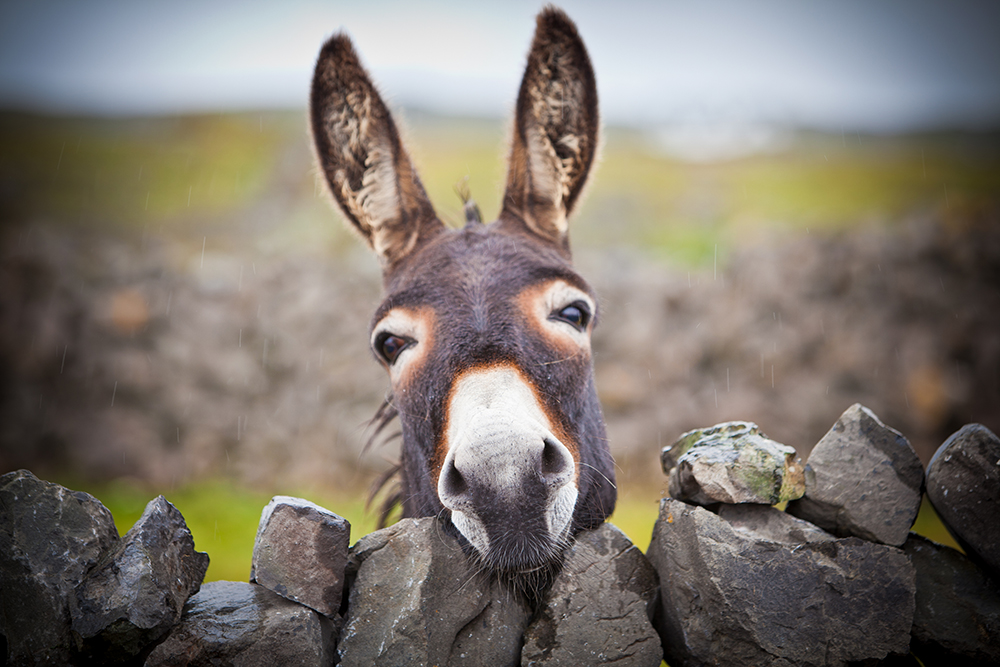
In the old Arab world, donkeys were given as a gift as a sign of respect and peace (among other things). They were valued as work animals due to their small size and resilience. However, there is an expression in present day that doesn’t do justice to the donkey, as the person compared to it is slow in learning: “l Tikrar Yialem Al Himar (التكرار يعلّم الحمار)” – “Repetition teaches the donkey”
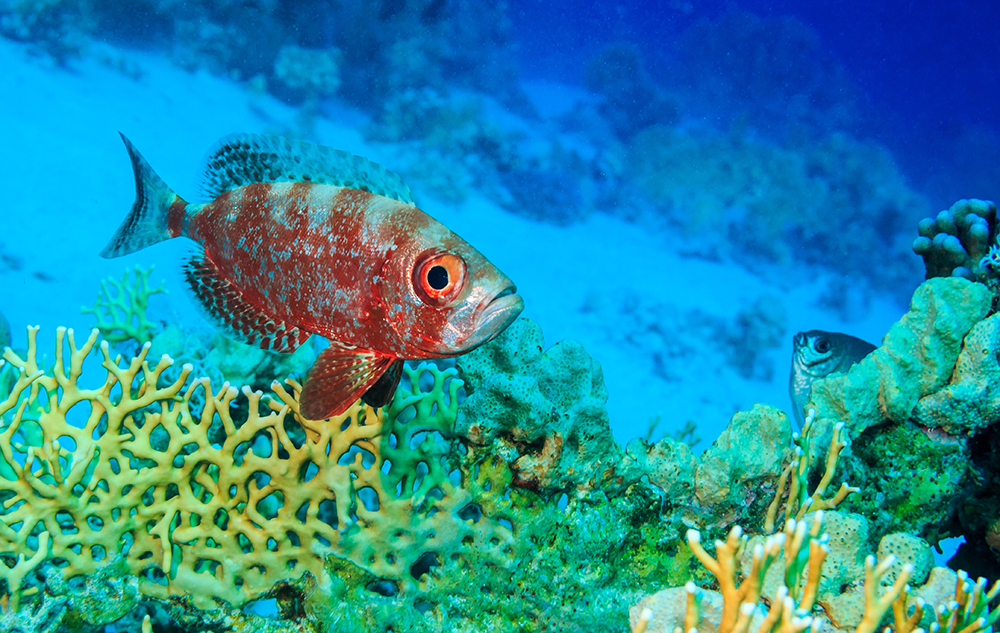
As many communities that lived by the coast, fish were an important food source. There is a very odd wedding ritual that involves a fish. It happens in Tunisia, in the city of Sfax. People bring a big fish to the couple on a dish. The fish is decorated with colorful strings. The groom holds his bride’s hand as she takes seven steps on the fish, then they switch roles, while people chant a well-known folkloric song.
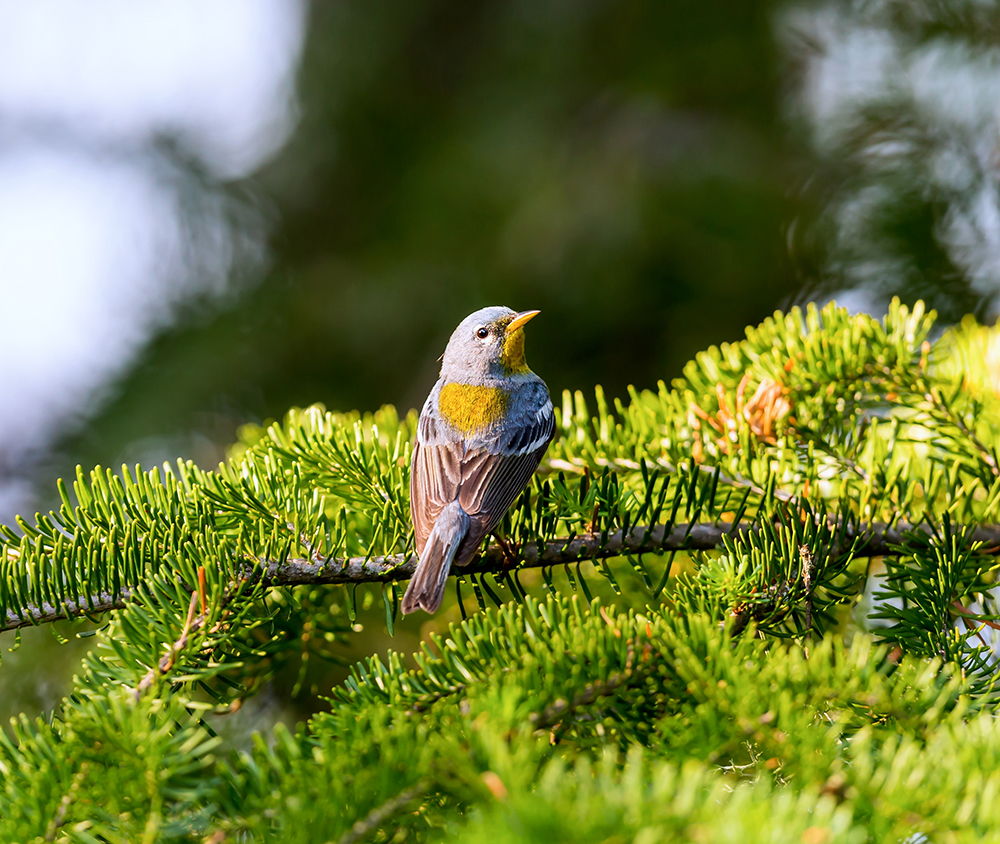
Birds are very important in the Arab culture. Their ability to fly used to be proof for Arabs of the presence of a higher deity. They also influence parents to name their children. “Yamama”, a girl name, means wild dove and it denotes agility and speed, although quite rare and unusual. Another example would be Uqab, a male name that denotes strength, grace, keenness of vision, and extraordinary flight. Shaheen is a boy’s name meaning royal white falcon or hot-tempered falcon with long, strong wings. Birds of prey are used in present-day for sports, especially in the GCC countries.
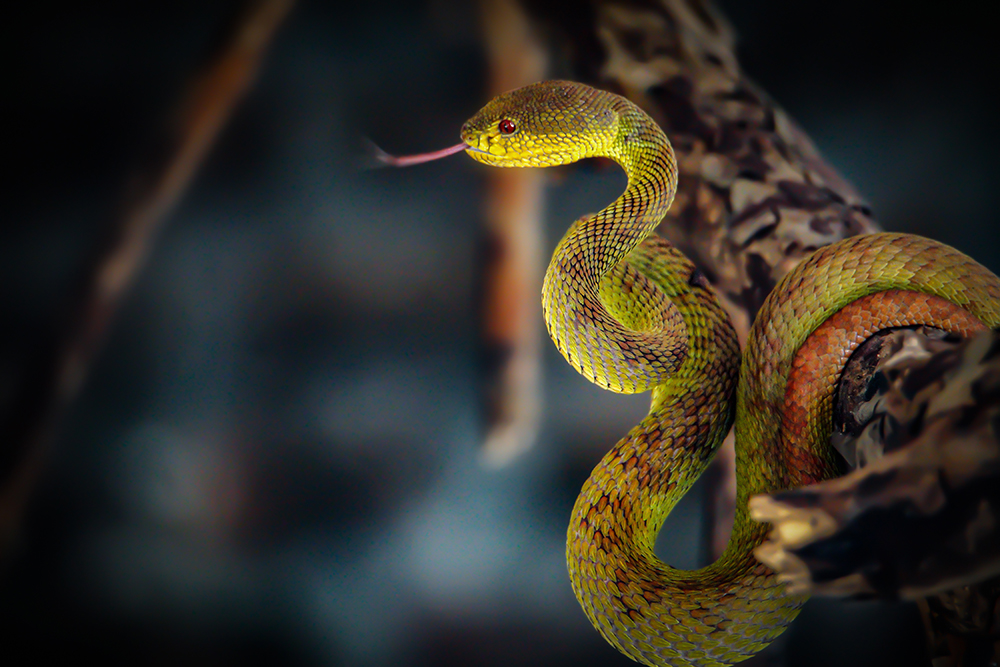
In some regions of the Middle East, snakes used to be a symbol of life, as it was linked to rebirth. For example, different deities that had snake-like features were invoked for protection purposes.
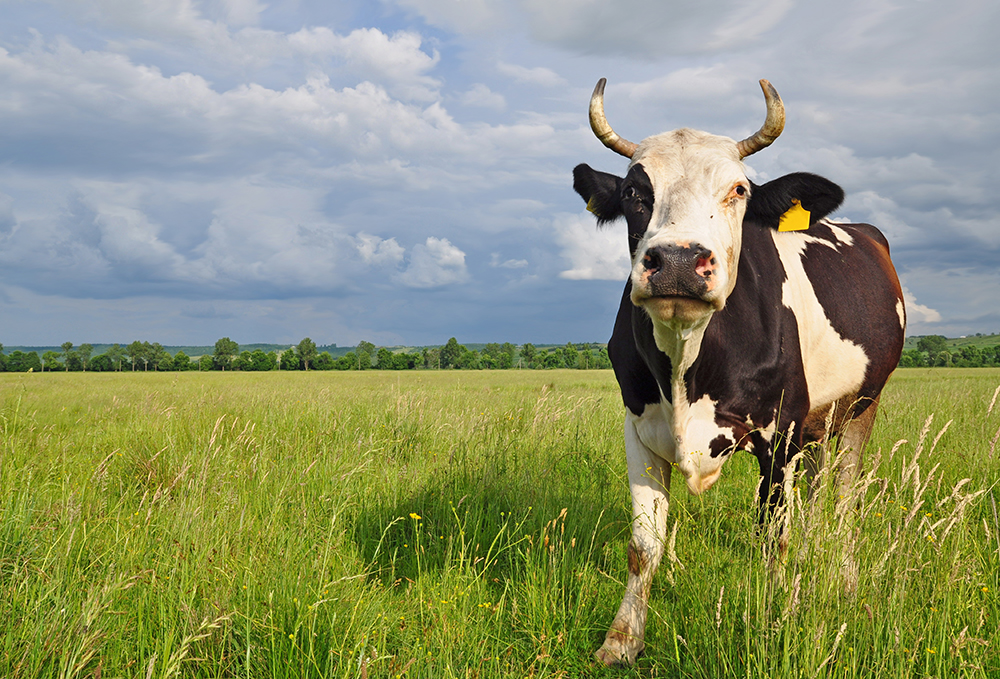
Cows are important as livestock and working animals. Also, Arabs saw beauty in the animal. For example, the name Maha was a popular name for girls, it refers to the shape and color of the eyes of a wild cow, if the girl had big black eyes.
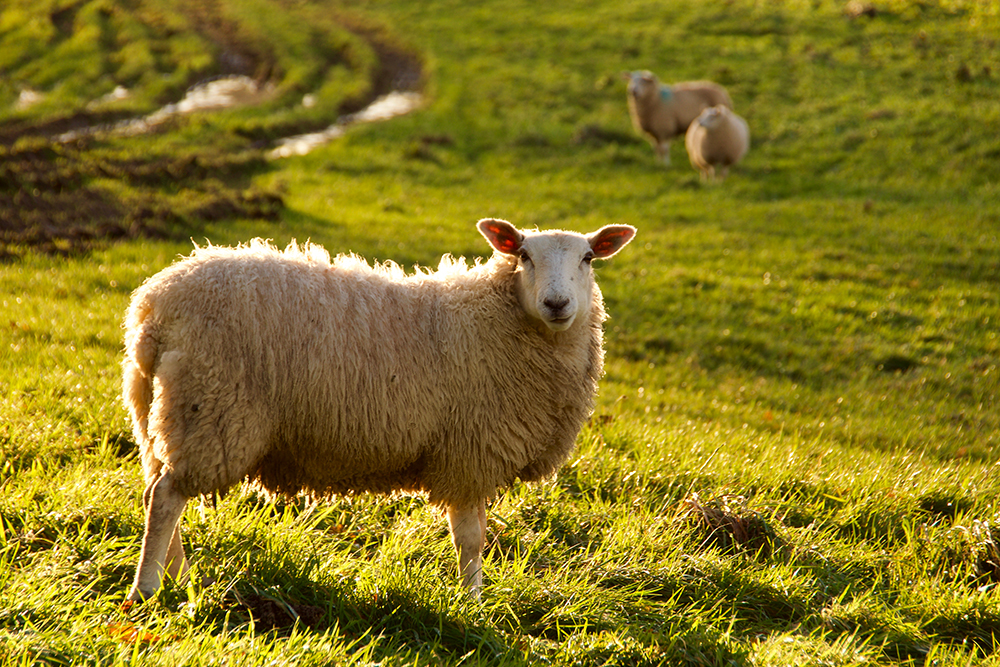
Another important livestock animal is the sheep. Livestock creatures are important for Arabs. The sacrificing of such animals has to be humane and painless (as per their beliefs).
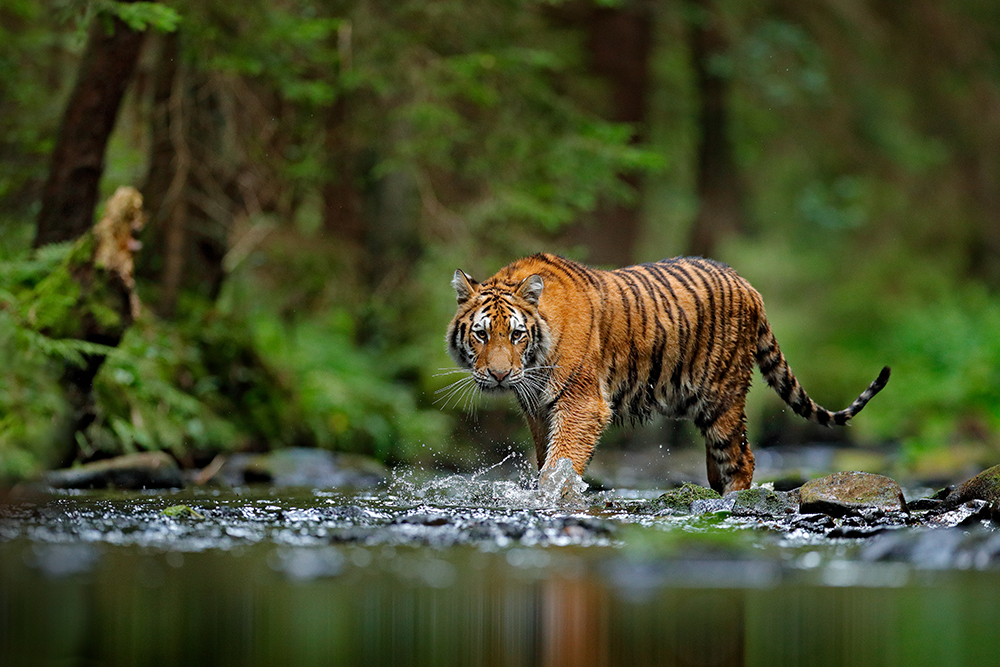
Cats (especially big cats) are respected and looked upon by Arabs, reason for which Nimmer is a popular boys name.
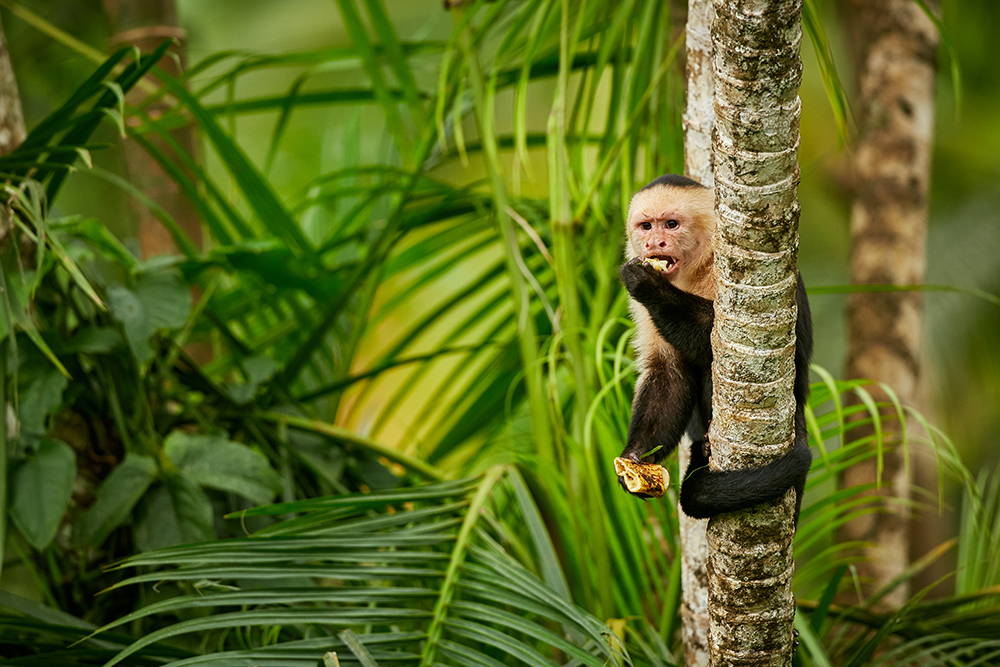
Unfortunately, monkeys carry a bad reputation, as it is a symbol of a bad human trait – perfidy.
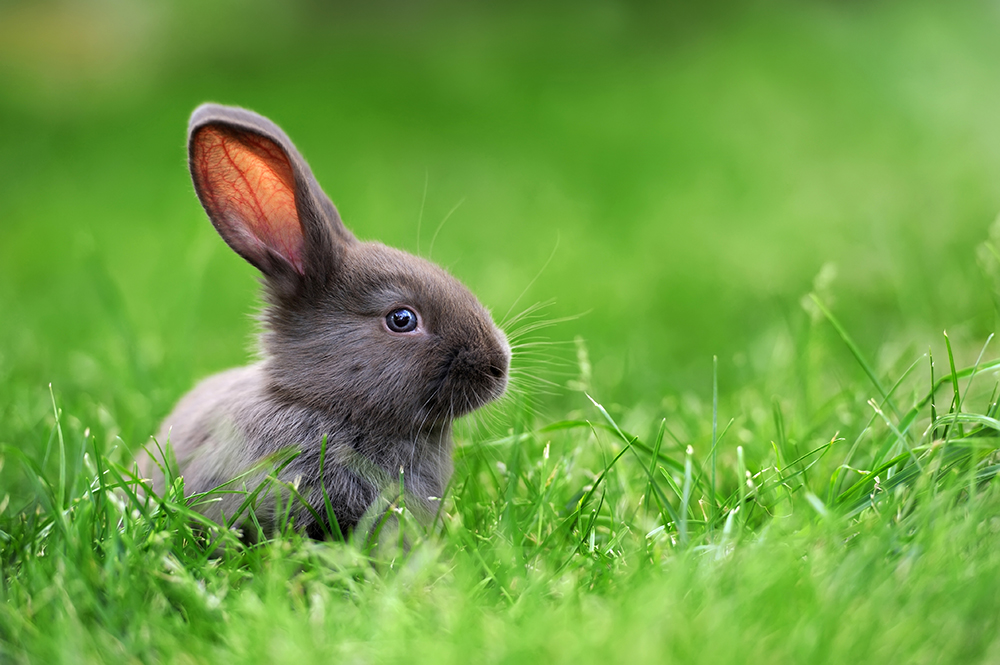
Unfortunately, Arabic culture associates the rabbit with “gnawing”, “burrowing”, “taking up space”.
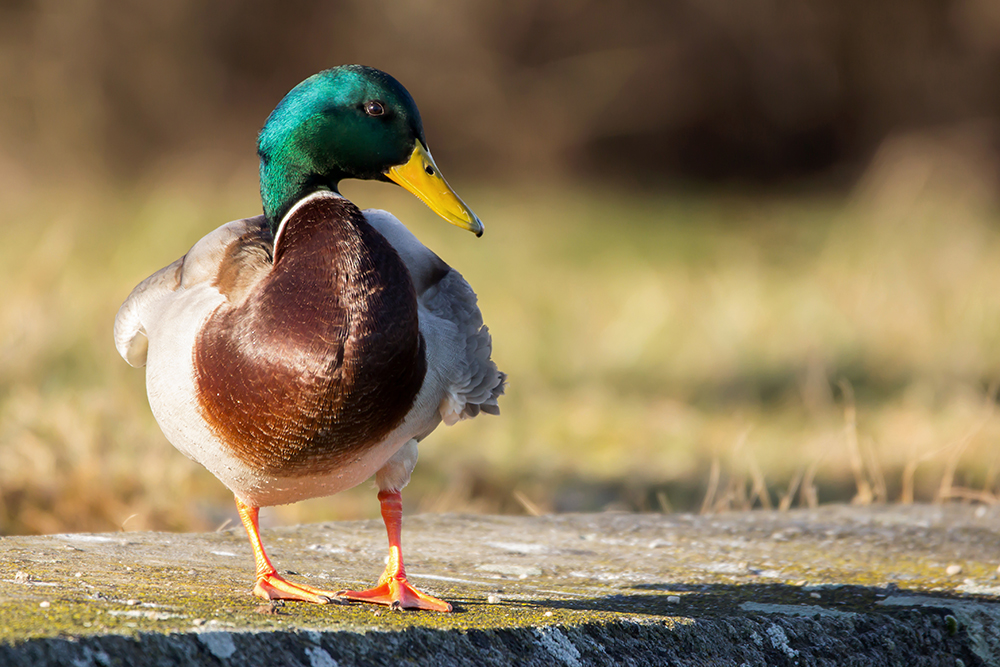
Arabs see ducks as cute little animals. As a result, you might hear an Arab call you “little duck” as a form of affection.
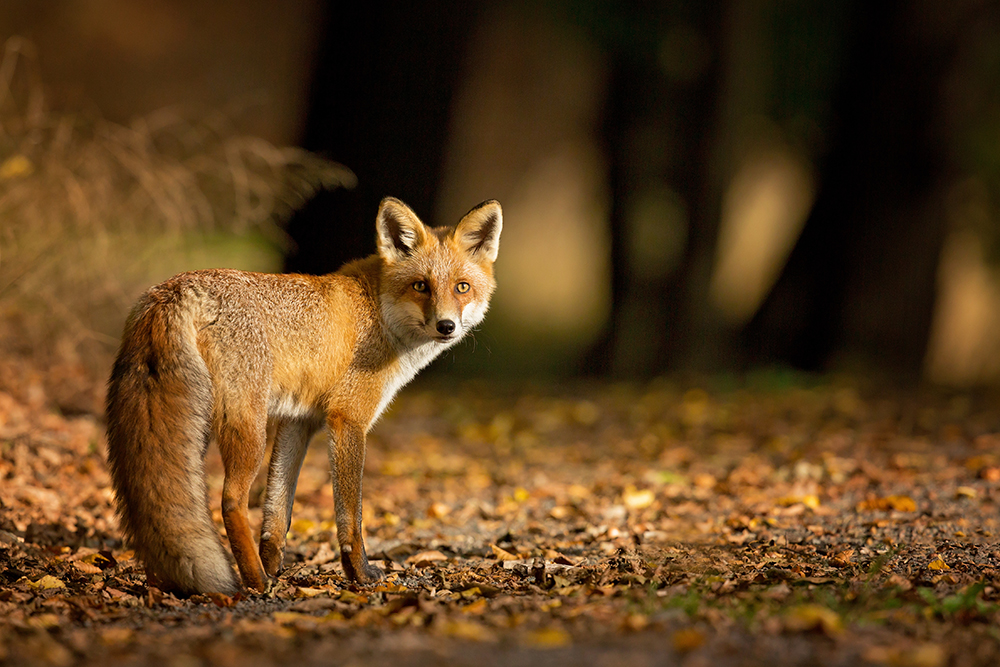
Foxes have many names in the Arab world, depending on their size, color and provenance. For example, some parents might name their baby boy Daysam, which can also mean baby fox
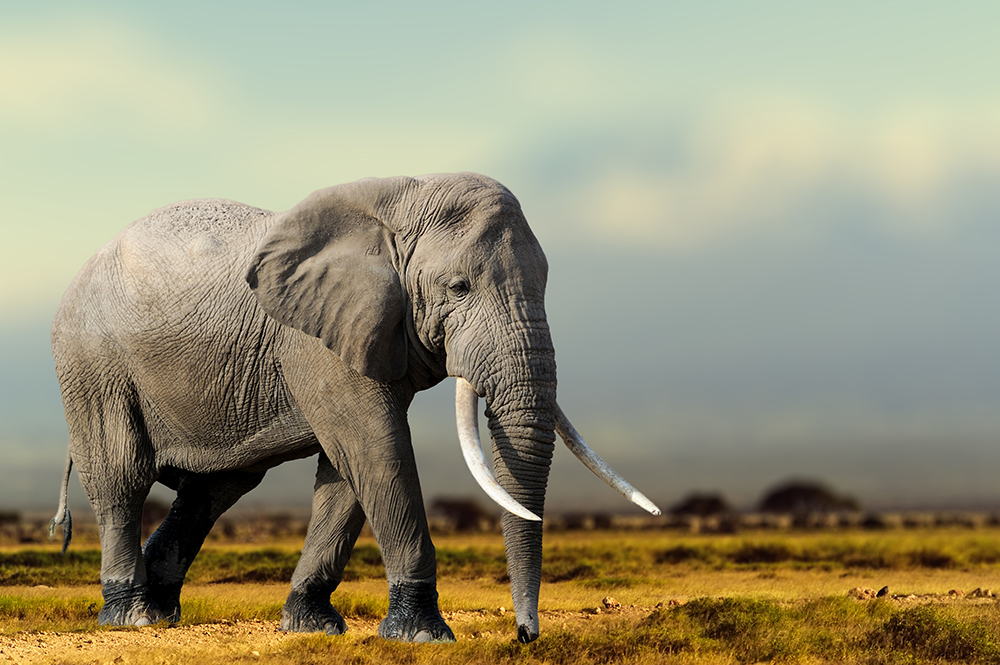
Unfortunately, elephants are a symbol of baldness in the Arab world.
As you can see, Arabs are in close relation to the animal kingdom and generally speaking to whatever has to do with nature. Moreover, Middle Eastern communities respect and cherish the animal that provides a service. Learning how people value animals and other symbols around the world is one of the numerous cultural examples that you can acquire by learning Arabic, as a language is always a doorway to a new culture.
Download it now:
https://kaleela.page.link/SMART